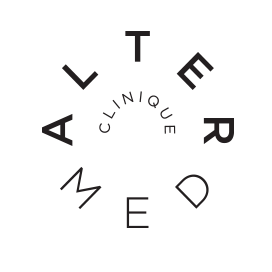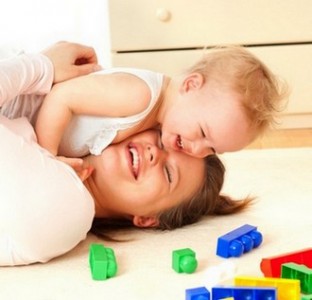Sylviane Joubert
The floor is undoubtedly the most interesting place for the baby during playtime. The resistance offered by this floor allows him to feel his body and his movements.
The first two months of his life, he will need to be contained and carried close to you, he will especially appreciate being well carried, with support under his buttocks, which helps him feel very safe. Then, he will start to appreciate being on the ground, on his back. In this position he is comfortable and he can move freely. So little by little he will begin to discover the movements that will allow him to explore the world: one day he discovers how to roll over on his stomach and then a few days later how to come back on his back. By leaning on his forearms he realizes that he can take objects and by turning around he can put them in his mouth and taste them. He will gradually manage to crawl, walk on all fours, sit, stand up and finally walk, a feat he achieves on average between 12 and 18 months.
If at the beginning of his life the baby needs you for everything, if he is very dependent, he also already has skills and wants to express them. Being able to move to discover his possibilities of movement is important for him, he needs you, your presence to accompany him to discover them but especially without doing it for him. There are so many times when you might be tempted to help your child get into a position they can't yet reach or hold on their own. So, instead of feeling capable of success and encouraged in his initiatives, these are cut off and the message he receives is that he is not capable alone.
How to accompany them?
For example, babies, sometimes even from 2 months, love to "stand up" say parents. In fact what they like is to feel the support of their legs. this is what gives them great pleasure. If the baby is held upright under the arms, he will be happy, even delighted, but in a position where he is totally dependent on you. It is true that one day he will be standing like all humans. On your side, you could feel caught in an obligation to have to hold him upright for a long time because he loves it. As he is used to it, when you put him down, he cries… On the other hand, if you put him on the ground on his back and offer him support under his feet with your hands, he will be happy to feel his legs and push hard on you. He can then kick with his feet on the ground and experience a moment of play, a moment of discovery following this support that you make him discover and he will call you when he needs you.
He will also, for example, have to discover how to turn over on his stomach. Parents know that it is important to place them in this position. If you help him roll to one side instead of placing him directly on his stomach, he will surely learn this position more quickly, which is sometimes difficult for some babies to hold.
Parents, during moments of play, will have many opportunities to support their child, to accompany him while respectfully waiting for him to discover the movement he seems to be looking for on his own, avoiding helping him quickly, in other words doing it for him.
While there are major stages in psychomotor development, each child is unique and takes their own path, at their own pace. If he is supported, accompanied with patience and respect, he will have the opportunity every day to feel capable and to develop self-confidence.
Emotional accompaniment of the baby through play is an approach that aims to help parents discover their baby's skills, to decode his needs for dependency and his needs for autonomy in order to accompany him while respecting his uniqueness and his rhythm, without skipping stages and above all without taking away the pleasure and pride of his own discoveries and successes.
Sylviane Joubert



